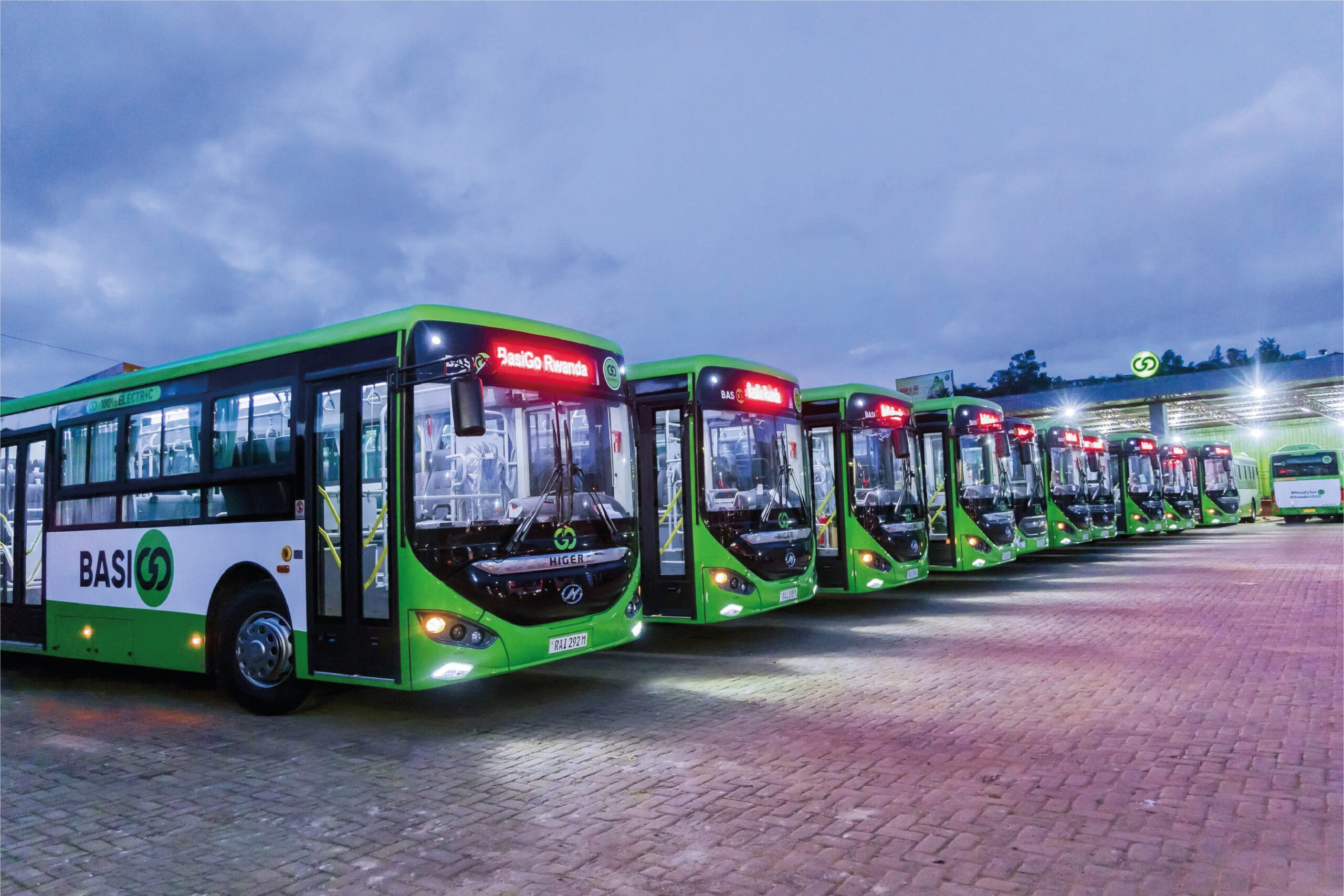Electric Transport: With Proparco’s Support, BasiGo Targets 1,000 Buses to Decarbonize East African Cities

by Carlos Kpodiefin
The future of urban public transport in East Africa is being shaped by electric mobility. Proparco, the French development finance institution dedicated to supporting the private sector, has just announced a strategic investment in BasiGo, a Kenyan start-up that has rapidly become a key player in the region’s transport electrification.
“This is a strong validation of our model and a catalyst for the next phase of growth: scaling local assembly, expanding our charging network, and accelerating our ‘Road to 1000’ project to put 1,000 electric buses on the road,” said Jit Bhattacharya, CEO and co-founder of BasiGo.
Strong Validation for the Pay-As-You-Drive Model
Founded in 2021, BasiGo has established itself as a pioneer in East Africa. The company goes beyond simply supplying vehicles; it locally assembles electric buses, deploys charging infrastructure, and works closely with operators through a model designed to make the purchase cost comparable to that of traditional diesel buses.
This investment aligns with the ongoing commitments of the AFD Group, of which Proparco is a member, mobilizing nearly one billion euros per year for sustainable mobility worldwide.
“By supporting BasiGo, we are helping to establish a new generation of clean and reliable public transport solutions for tens of thousands of passengers in Kenya and Rwanda, and to expand this solution to other African cities,” said Jean Guyonnet-Dupérat, Proparco’s Regional Director for East Africa.
A Double Benefit: Climate and Economy
According to the figures shared, switching to electric buses reduces CO₂ emissions by between 70% and 90% compared to diesel buses. Each electric vehicle put into service prevents more than 50 tons of CO₂ equivalent per year. At the scale of the current fleet, more than 3,000 tons have already been avoided.
Beyond climate benefits, the health impact is significant in cities such as Nairobi and Kigali, where urban pollution has become a major public health issue. BasiGo’s buses have already carried more than 9 million passengers over 1.4 million “clean” kilometers, according to the start-up.
The economic advantages are equally compelling: 29 operators currently benefit from an approximate 40% reduction in their annual operating costs — a critical factor in a sector where margins are often tight.





